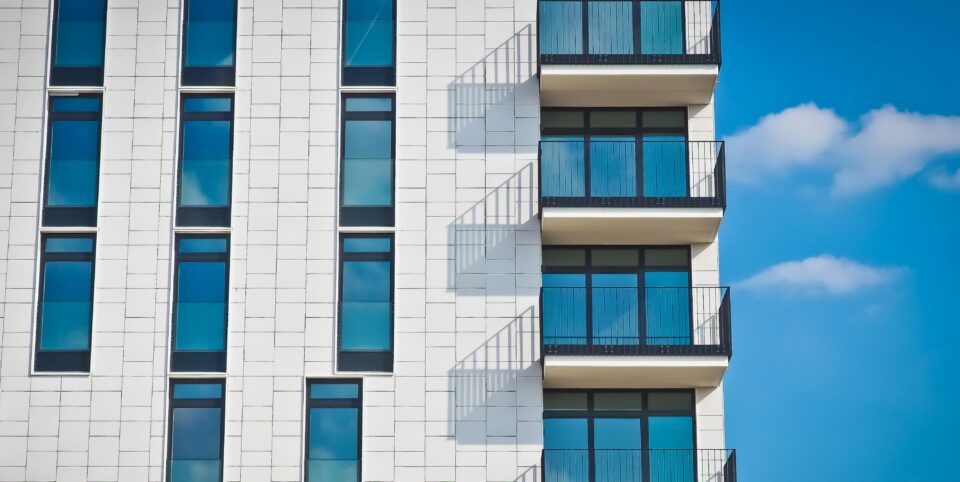Contact
020 7953 7040
info@ccameron.co.uk
Charles Cameron & Associates
Blackfriars Foundry
154-156 Blackfriars Road
London SE1 8EN
Looking to rent out your home?
October 27, 2021
Information published was correct at the time of writing
--

There are various different paths to becoming a landlord. Some people buy an investment property with specific plans to rent it out and some inherit a property and become an accidental landlord. Others, for various reasons, decide to rent out their home because they are moving out but choose not to sell it. If you’re in this last category, here are some of the basic requirements you might not have thought about.
INFORMING YOUR MORTGAGE PROVIDER
Most conventional mortgages don’t allow you to rent out your home, so you will need to get your mortgage provider’s approval. If you’re planning to rent out your home for just a short time, you may only need to get a ‘consent for lease’, that is, permission from your mortgage provider. For longer lets, you’ll probably be required to switch to a buy-to-let mortgage, which could have a different rate to your current mortgage.
GETTING LANDLORD INSURANCE
If you already own the property you should have buildings insurance, but this won’t be enough to cover all the risks of renting it out. As the landlord, you’ll be responsible for sorting out insurance to protect your property against accidental damage, such as fire and flooding. Your tenant will need to arrange their own contents insurance if they want to protect their possessions. Like any insurance, landlord insurance policies vary in how much they cost, what is covered and how much they’ll pay out. Look at all the details and compare quotes from different providers to find one that fits your budget and needs.
UNDERSTANDING YOUR RESPONSIBILITIES TO TENANTS
Landlords have various legal responsibilities to protect tenants, including:
• Arranging regular tests of electrical appliances, gas appliances, smoke alarms and carbon monoxide alarms
• Promptly repairing faults that arise, such as leaks, boiler problems, etc.
• Providing an up-to-date Energy Performance Certificate (EPC) to demonstrate your property’s energy efficiency rating
• Protecting your tenant’s deposit through a government-approved scheme to ensure that it is returned promptly, and any disputes are settled properly.
If you fail to meet any of these responsibilities, you could have to pay a fine.
PAYING YOUR TAXES
As a landlord, you’ll need to complete an Income Tax Self-Assessment and ensure that you’re paying the right amount to HM Revenue & Customs. Rental income is subject to Income Tax and National Insurance, but there are various allowances, deductions and reliefs that can help you avoid overpaying. You’ll also need to be aware of the tax implications of buying more properties, either to live in yourself or to rent out. You’ll pay a higher rate of Stamp Duty Land Tax (SDLT) when buying a second home, and any profits you make above the annual allowance from selling a second home are subject to Capital Gains Tax.



